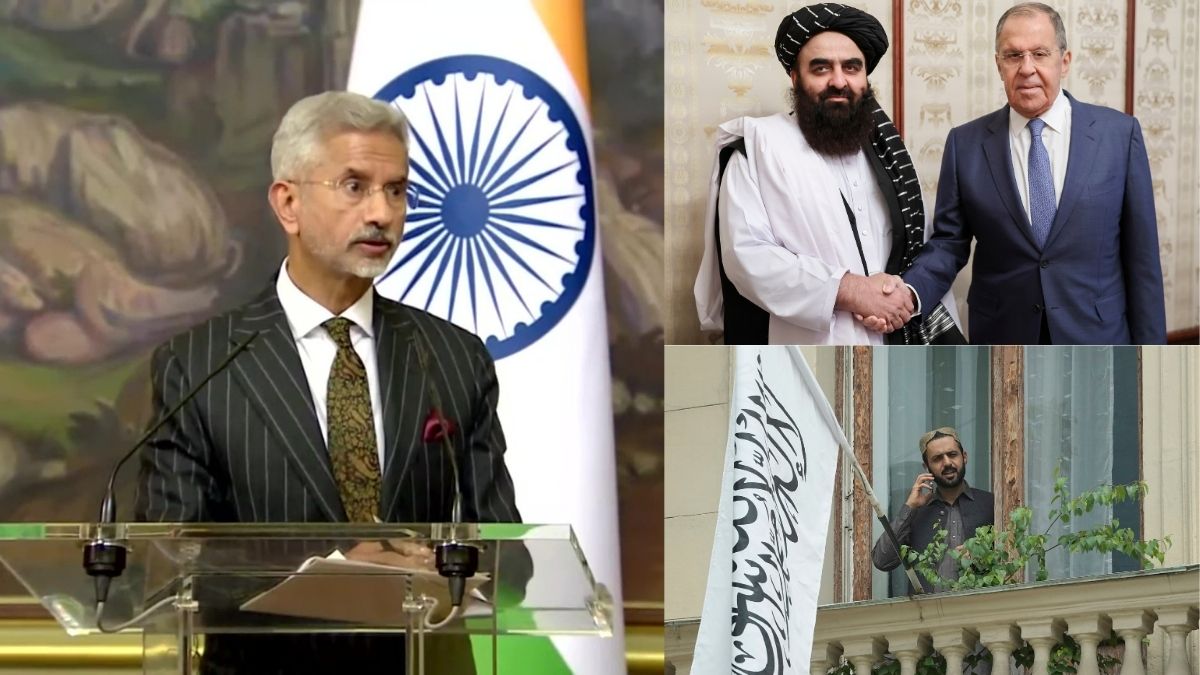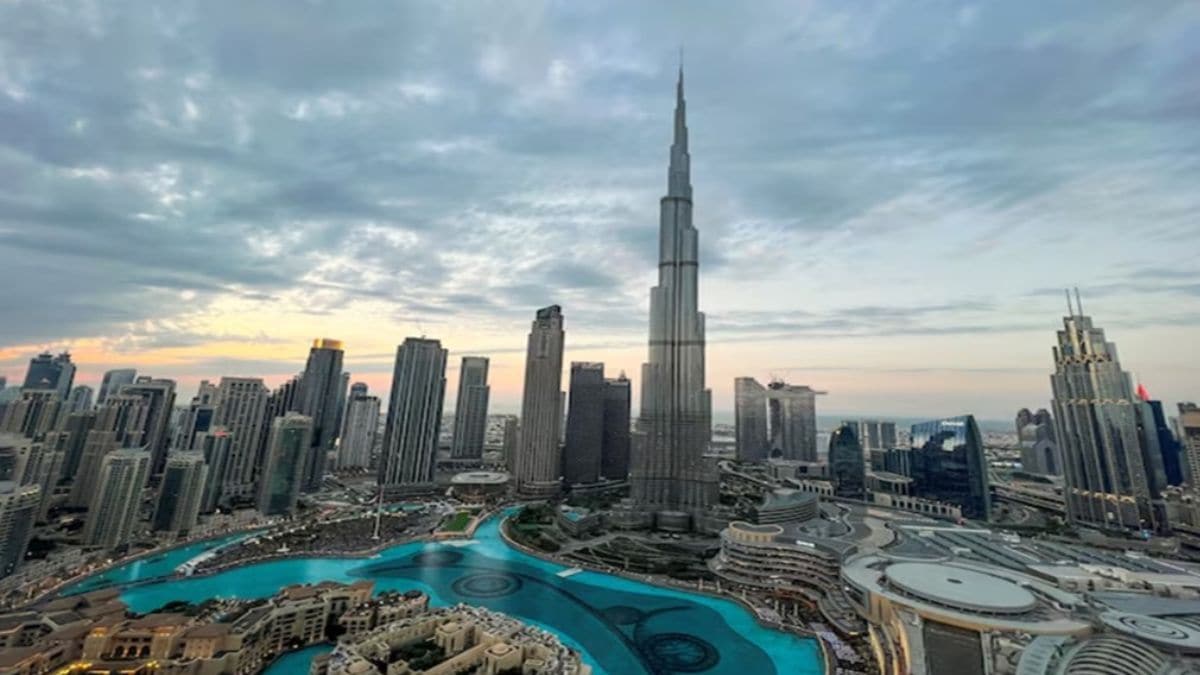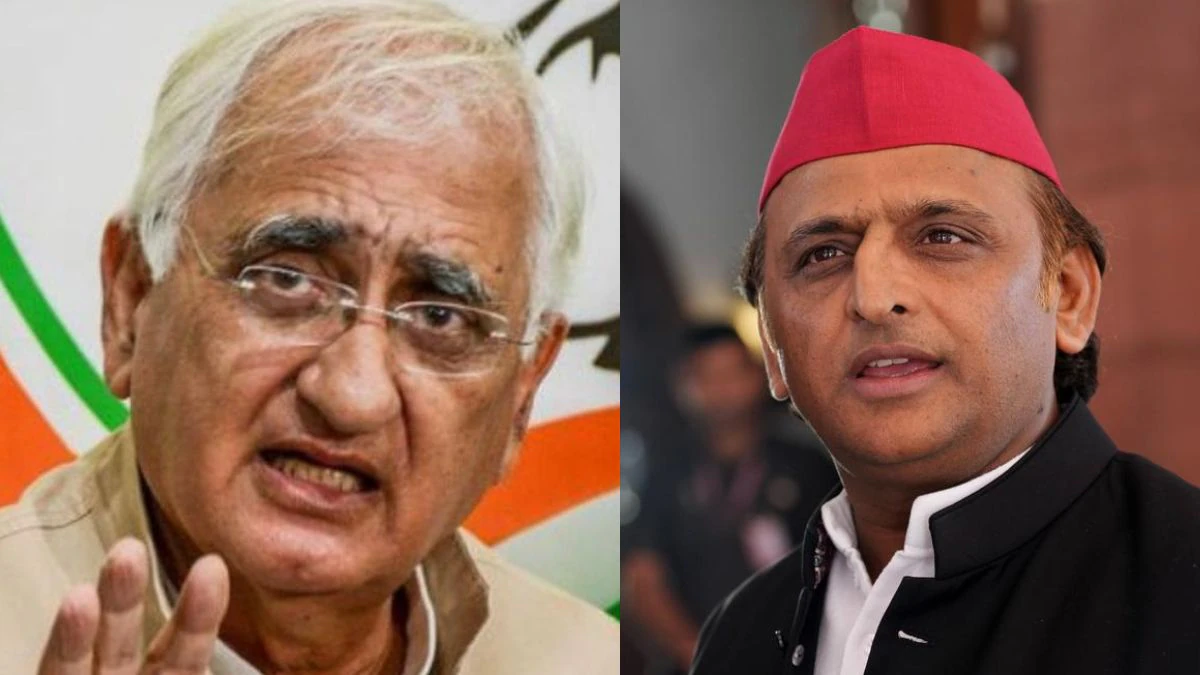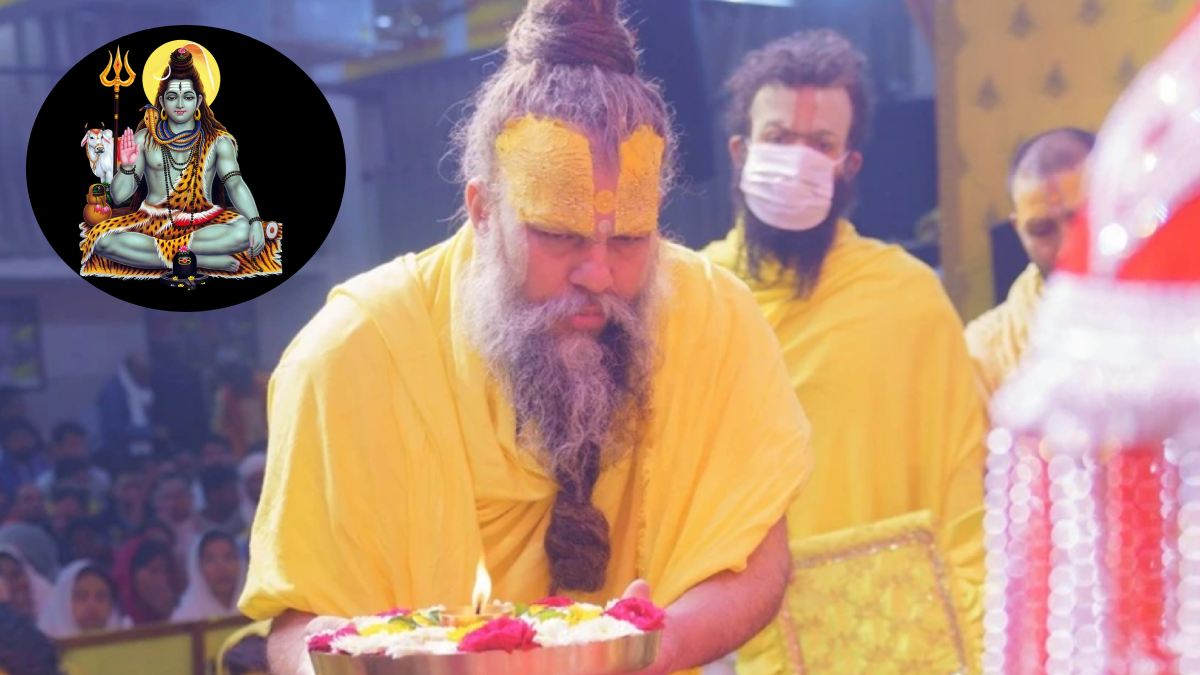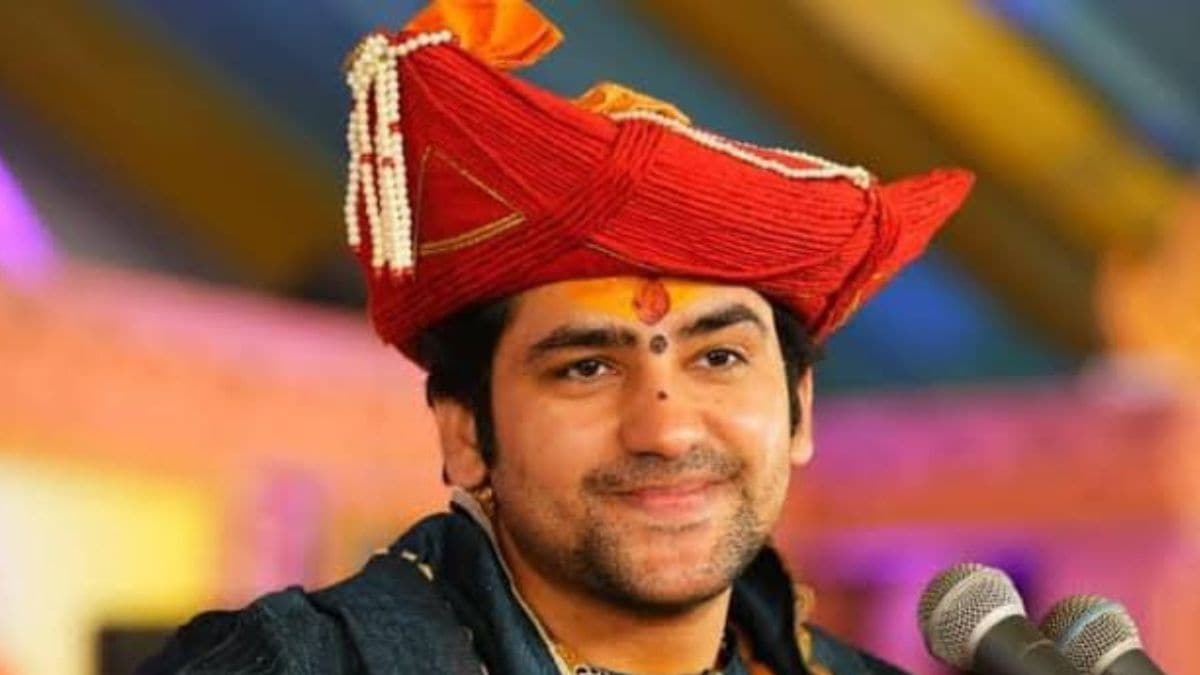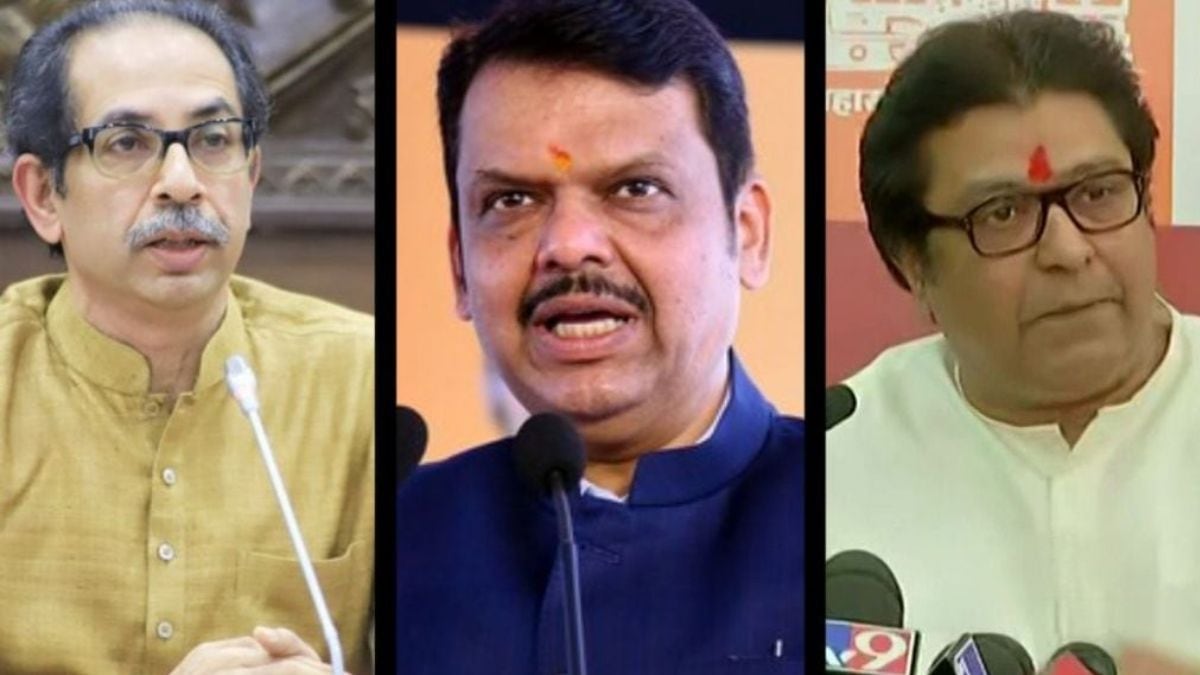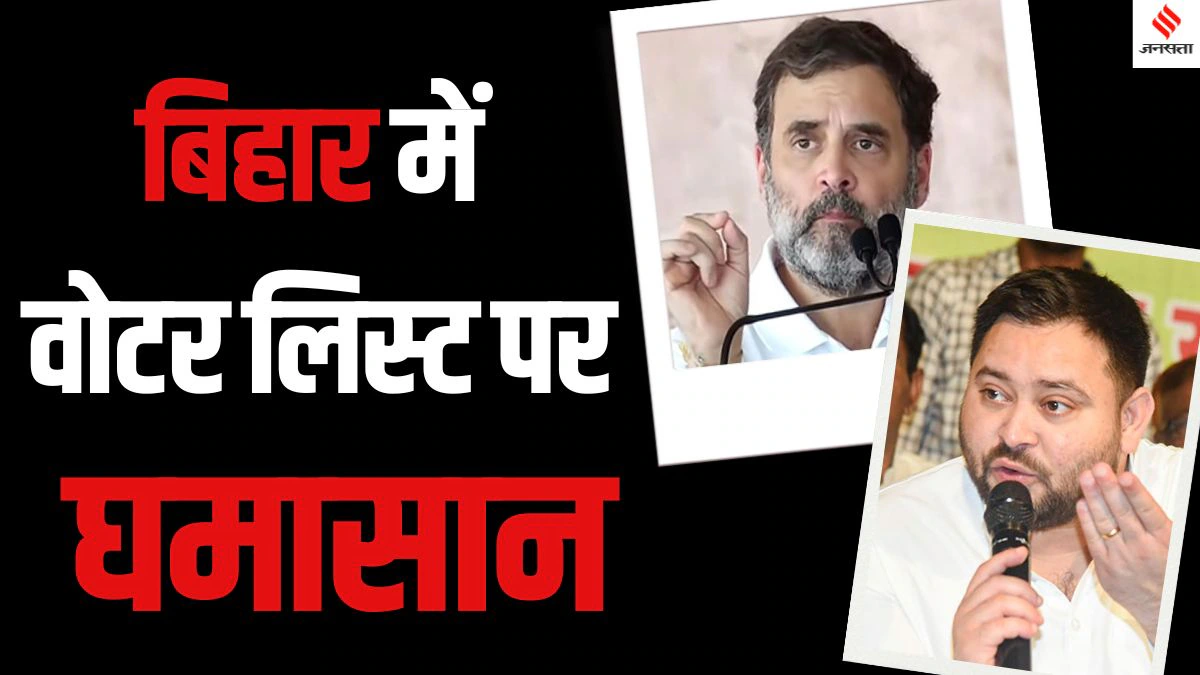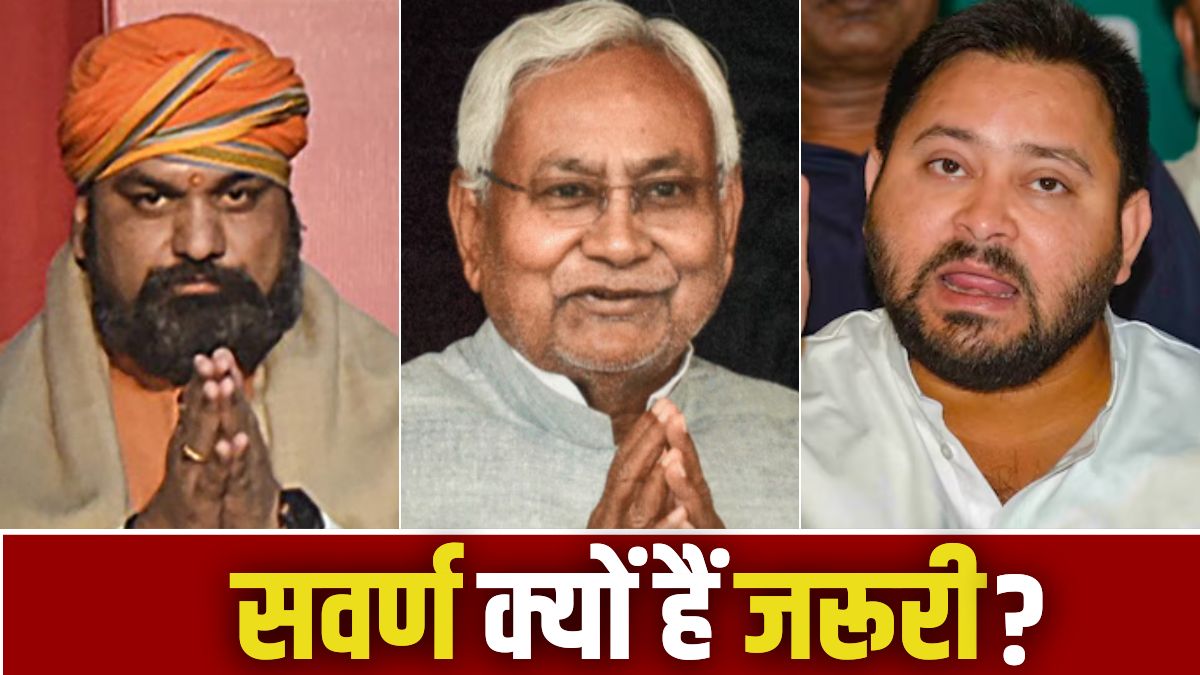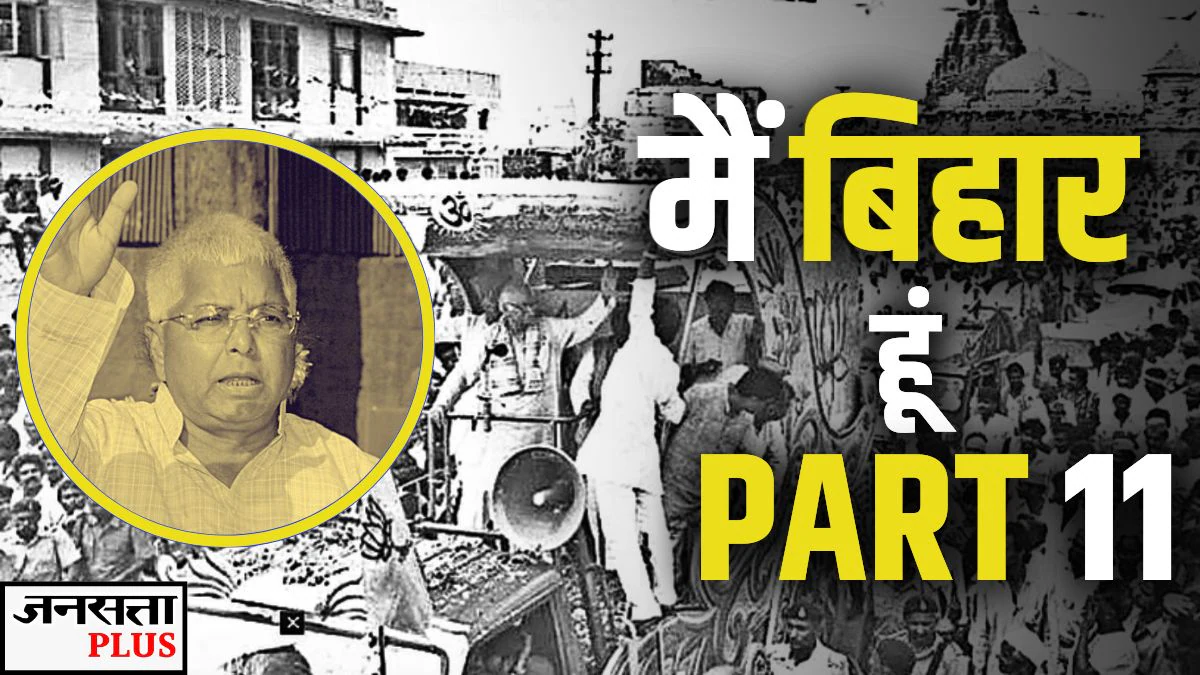The topic of developmental projects has returned to the news as the Delhi Assembly elections draw near.
Prime Minister Narendra Modi will unveil a number of development initiatives on Friday, including 1,675 apartments for city dwellers living in urban redevelopment projects.
Veer Savarkar College in Roshanpura, Najafgarh, will have its foundation stone laid by Modi, according to a statement from the Prime Minister’s Office (PMO). The World Trade Centre (WTC) in Nauroji Nagar and the General Pool Residential Accommodation (GPRA) type-II quarters in Sarojini Nagar are two more urban redevelopment projects that Modi will officially open on Friday.
IN CONTEXT: The Congress has suffered as a result of the AAP’s ascent in Delhi. When the Congress won 43 of the 70 Assembly seats in the Union Territory in 2008, it was the last party to hold power in Delhi. The AAP, riding high on the popularity of Anna Hazare’s anti-corruption campaign, won 28 seats in its first election in Delhi in 2013.
The AAP was supported by the Congress at the time, and Arvind Kejriwal later became the party’s chief minister. But after failing to introduce the anti-corruption Jan Lokpal Bill in the Delhi Assembly, he quit 49 days later.
The Congress has since battled to remain relevant after failing to win a single seat in the subsequent 2015 Assembly polls.
The conflict between the AAP and the BJP in Delhi is currently on the verge of becoming bipolar.
Only in 2013, when the AAP formed a minority administration with outside help from the Congress, did a party fail to secure an outright majority in the Delhi Assembly. Since the Assembly’s creation in 1991, Delhi has never had a coalition government in power.
Of Delhi’s seven parliamentary seats, the AAP ran for four and the Congress for three in the just finished Lok Sabha elections. They had formed an alliance. Each Lok Sabha seat consists of 10 Assembly seats, with the AAP leading in 10 Assembly segments and the Congress in eight.



